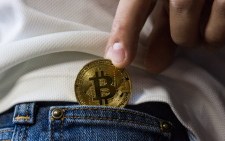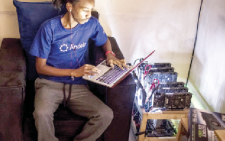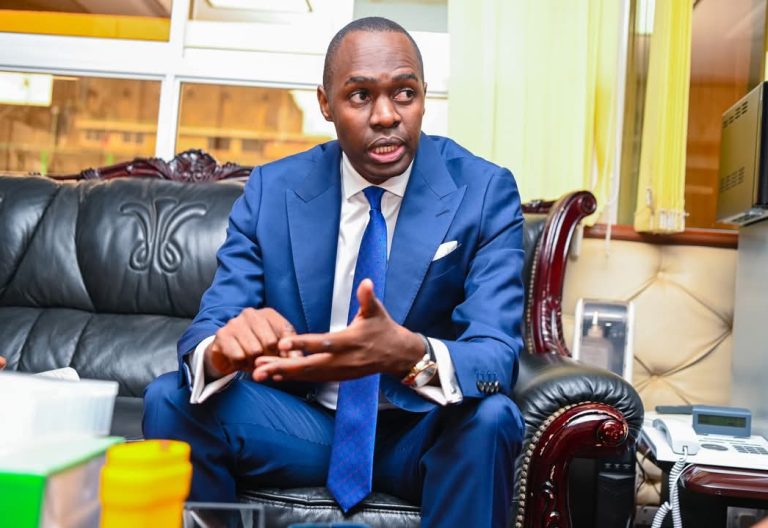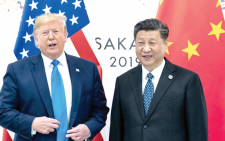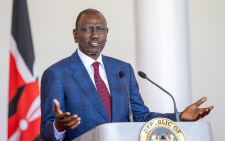Cryptocurrency craze: Is it a trap or an opportunity?
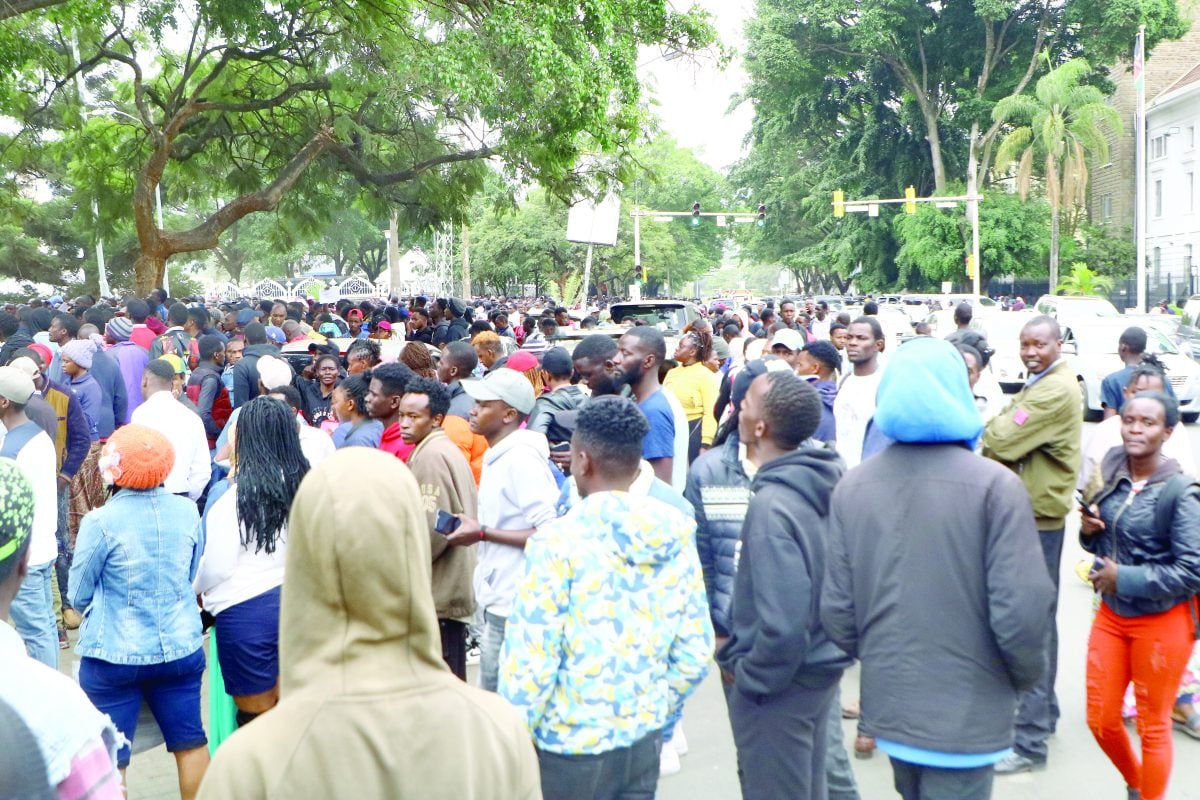
It has taken the world by storm; millions are joining every day. Kenyans are registering in numbers, with or without knowing the intricate. It exchanges your iris data with tokens and cash; welcome to the brave new world of crypto. Welcome to Worldcoin!
Worldcoin, created by Tools for Humanity, a company co-founded by Sam Altman of Open AI and ChatGpt, aims to create digital authentication for humans, known as World ID. This ambitious project is leveraging blockchain technology. It integrates cryptocurrency and biometric enrollment to create a cutting-edge global identification network. Through the use of Artificial Intelligence (AI) technology, it seeks to provide a universal basic income to the unemployed in the future.
The financial hype cycle, once dominated by cryptocurrencies, is now largely taken over by AI. Tools for Humanity is combing the two experiences into one through Worldcoin. An estimated 1 billion individuals worldwide, primarily in underdeveloped countries such as Kenya and Africa, lack valid legal identification. In light of this, Worldcoin a decentralised, privacy-protected identity solution was designed to provide users with global proof of personhood on the internet. This digital passport will allow users to prove their uniqueness and identity, discriminating between bots and humans in the digital domain. The programme rewards users with Worldcoin tokens for scanning their eyes to generate digital credentials.
As people register to be part of this movement, the big question is, is it a trap or an opportunity? According to the its founders, the goal is to create a global financial and identity network based on proof of personhood to determine if actual people or AI-created an online activity. Users can sign in with Worldcoin on websites or mobile apps. Why is it targeting developing countries like Kenya and Indonesia? Is it because they are vulnerable? Is it because we don’t have a clear rule? Are the tokens the bait? Worldcoin adoption has been fast, according to the data on their website, more than 2.5 million individuals have signed up for the World app, of which more than 500 are active users.
Additionally, the software processes 25,000 checks from around the world and averages 60K transactions every day. According to the Worldcoin white paper, 10 billion Worldcoin will be issued during a 15-year period. As of the official introduction, 143 million WLD are in circulation. This money was divided into 43 million for verified World App users and 100 million for market makers to encourage trade.
Even though its adoption has been fast, Worldcoin has already drawn some criticism for its ambitious ambitions and questionable tactics. Worldcoin is facing scrutiny in Europe for biometric data collection, privacy concerns, and login credentials theft, potentially violating privacy laws. According to reports, users in China’s underground marketplaces are purportedly selling their biometric verifications for between $30-$50!
Vitalik Buterin, the creator of Ethereum, expressed his doubts about Worlcoin. He believes the company’s use of iris scans might gather more data than they disclose.
The Orb method of verification has riled up many privacy advocates, with many criticising the process as dystopian like. According to an MIT technology evaluation that interviewed 35 people in six countries, Worldcoin utilised misleading marketing practices, acquired more personal data than it admitted, and failed to get meaningfully informed permission from its signees.
Also concerns of exploitation are raised by the fact that a sizable share of new users is in Asia and Africa. In Kenya, data protection commissioner Immaculate Kassait cautioned Kenyans against allowing Worldcoin to gather their iris data without their consent and explanation since it will not only jeopardise individuals’ privacy, but also exposes organisations to legal and reputational risks.
— The writer is an innovations evangelist and PhD candidate.Email:machariamuhoho@gmail.com

